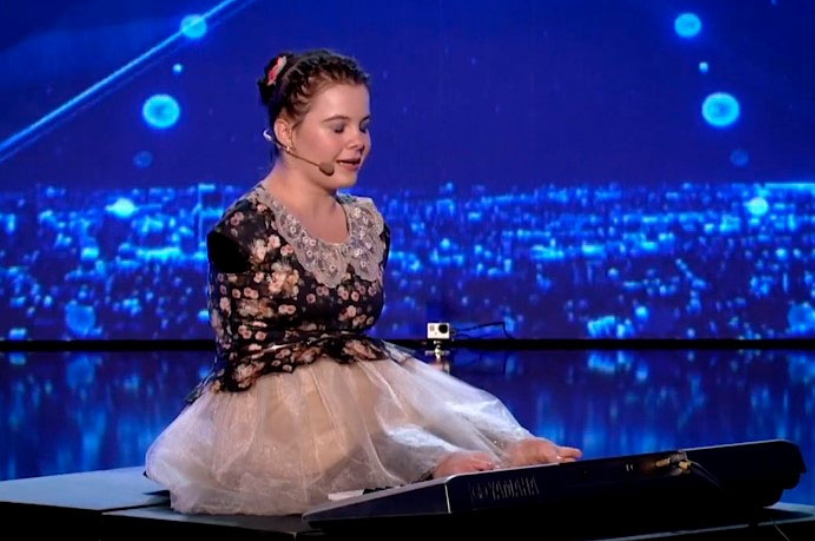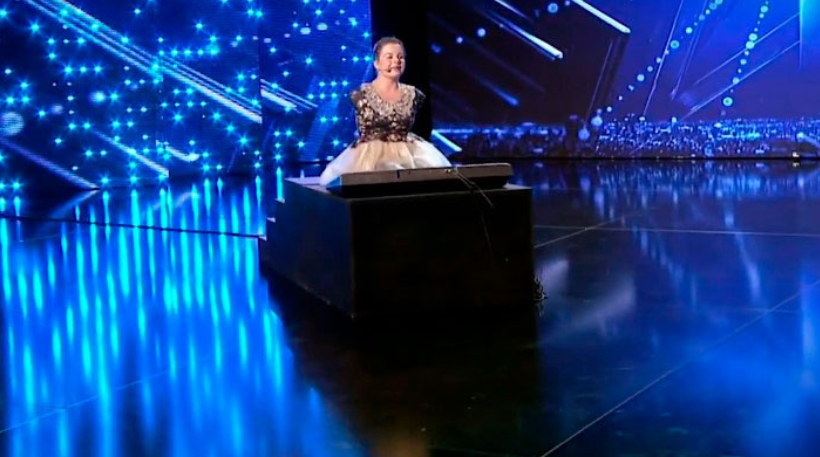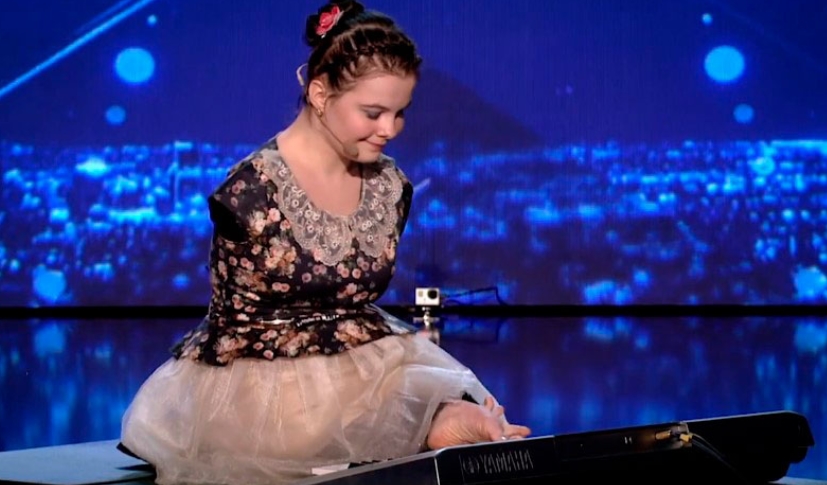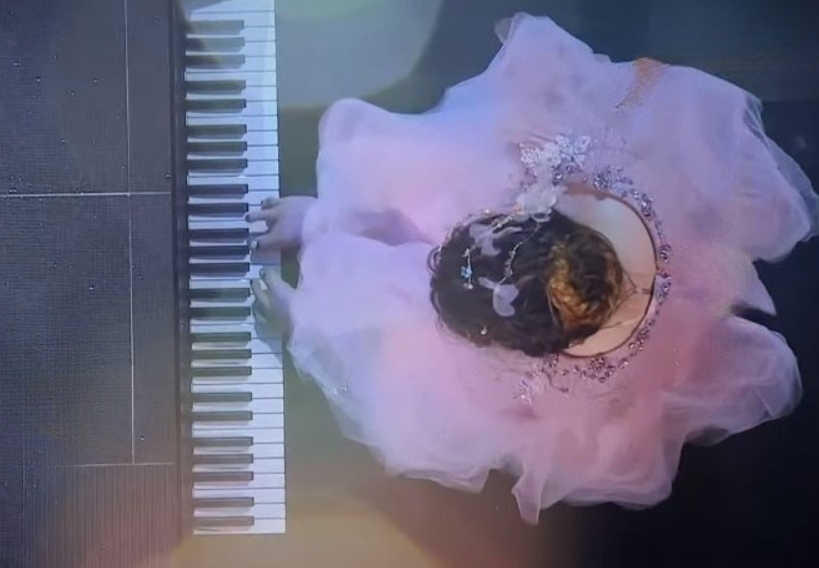When doctors told Lilia’s parents that their newborn daughter had been born without arms, the prognosis was grim. Simple tasks seemed impossible, and music wasn’t even mentioned. But Lilia had other plans. From a young age, she refused to let her condition define her limits, teaching herself to play the piano with her feet and turning a challenge into her passion.
Her love for music began in childhood, mesmerized by her grandmother’s piano playing. While others focused on notes, Lilia absorbed the emotion behind the melodies. Her first toy piano became her laboratory, and she began experimenting with her toes — awkwardly at first, but with determination and joy.
Learning wasn’t easy. Standard piano lessons didn’t fit her needs, so she developed her own techniques, practicing posture, finger (or rather, toe) placement, and expression. By age ten, she was performing for audiences. Her playing wasn’t perfect, but it was heartfelt, showing the world that she wasn’t just imitating music — she was living it.
Skepticism was everywhere. Many teachers refused to work with her, saying it was pointless. Eventually, she found a mentor who valued her music over her body. Hours of relentless practice — sometimes six to eight per day — brought cramps and fatigue, but also mastery and confidence.
Today, Lilia performs on international stages, gives masterclasses, and inspires countless others. She teaches children with disabilities, shares her unique methods, and proves that success doesn’t follow conventional rules. For Lilia, music is about strength, determination, and following your heart. Her story is a powerful reminder that perseverance, not miracles, turns dreams into reality.




